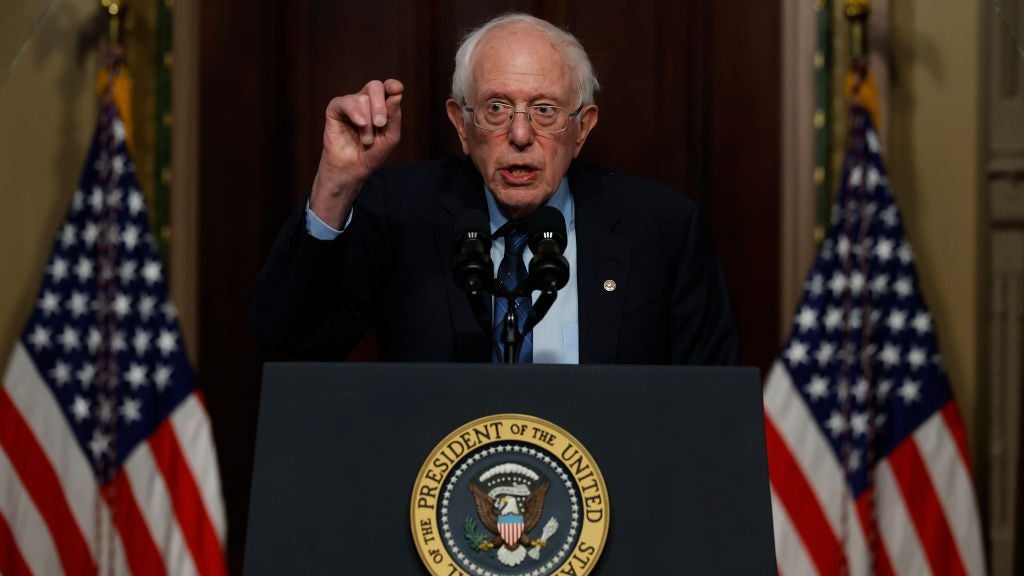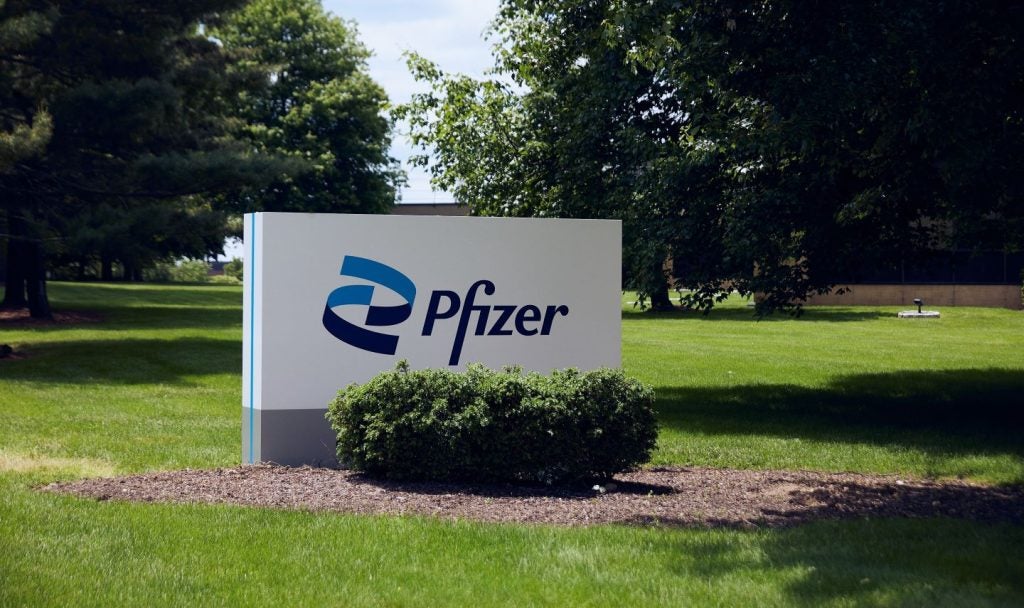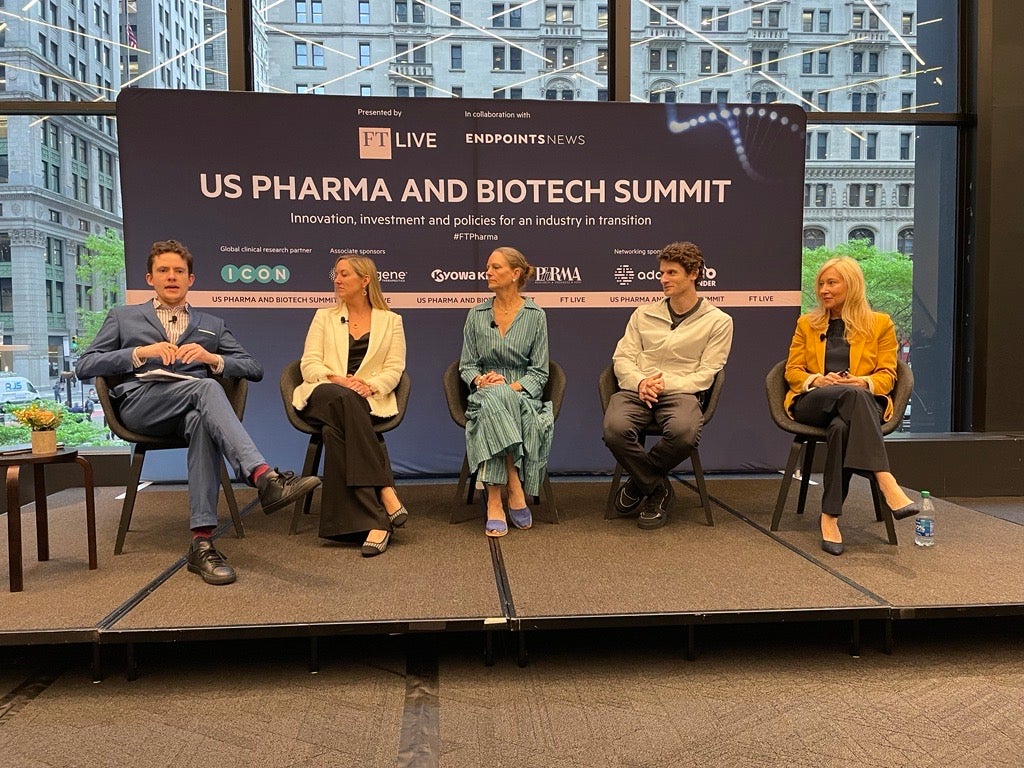US Senator Bernie Sanders has ramped up the pressure on Novo Nordisk after launching an investigation into GLP-1 agonist prices last month, warning in a report that the blockbuster drugs could "bankrupt our entire healthcare system".
Last month, Sanders, who chairs the Senate Health, Education, Labor, and Pensions (HELP) Committee, announced the launch of an investigation into the US prices of the drugs in a stark letter to Novo Nordisk CEO Lars Fruergaard Jørgensen.
The announcement has now been followed with a report that indicates that if half of US adults with obesity opt for Novo Nordisks’s Wegovy (semaglutide) or similar drugs, spending on them could reach $411bn, which would exceed the total retail prescription drug expenditure in 2022. According to the HELP Committee's analysis, in this scenario, Medicare and Medicaid might spend $166bn a year on weight loss medications.
The 15 May report pointed out that Novo Nordisk charges US patients $1,349 a month for Ozempic (semaglutide) while the drug can be purchased for $186 in Denmark, $137 in Germany and just $92 in the UK.
The senator took a hit at the Danish drugmaker in a statement, saying: “There is no rational reason, other than greed, for Novo Nordisk to charge Americans struggling with obesity $1,349 for Wegovy when this exact same product can be purchased for just $186 in Denmark.”
Novo Nordisk made $14.9bn in operating profits last year, marking a 37% increase from $10.9bn in 2022, as per the company’s financials.
This isn’t the first time Sanders has targeted high drug prices. In a February Senate Health Committee hearing, he interrogated the CEOs of Merck & Co (MSD), Johnson & Johnson (J&J), and Bristol Myers Squibb (BMS) about why their medicines are more expensive in the US compared to other countries. Two days after the hearing, the HELP committee released a report that shined a spotlight on several widely used drugs, including BMS’ blood thinner Eliquis (apixaban), MSD’s cancer drug Keytruda (pembrolizumab), and J&J's arthritis drug Stelara (ustekinumab).
There are several reasons that drugs are more costly in the US, one being that with some exceptions, pharma companies often negotiate prices directly with insurers. In contrast, in several other countries, the government can regulate drug prices.
However, these hearings come at a pivotal moment as the Inflation Reduction Act (IRA) 2026 effect date is fast approaching. The IRA – which has allowed Medicare to negotiate the prices of ten of the most expensive drugs for the first time – has caused several pharma companies to sue the US Department of Health and Human Services (HHS).
According to GlobalData’s Pharma Intelligence Center, Ozempic is forecast to generate global sales of $21.7bn in 2026 while Wegovy is anticipated to generate over $15.8bn in global sales the same year.
GlobalData is the parent company of Pharmaceutical Technology.
















